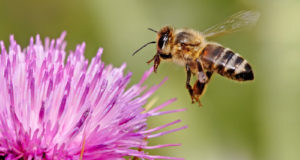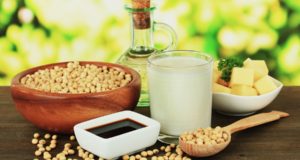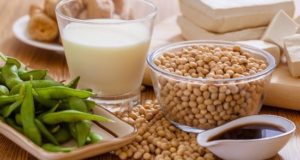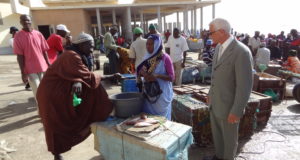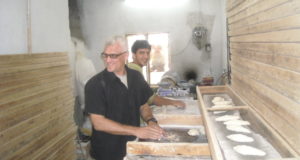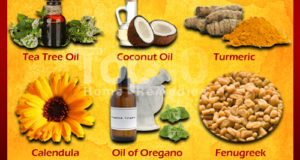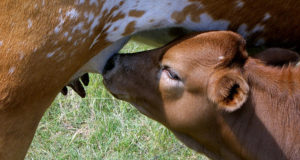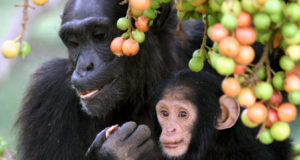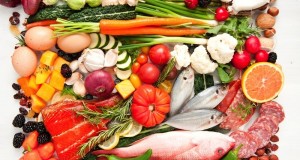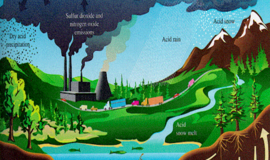This article was originally published in March 2014 by the Center of Research on Globalization, GlobalResearch.org Scientists have recently reported that mass extinctions of marine animals may soon be occurring at alarmingly rapid rates than previously projected due to pollution, rising water temperatures and loss of habitat. Many land species also face a similar fate for the same reasons. But perhaps the ...
Read More »Blog Page
Straight talk about soy
Harvard School of Public Health Chan Center – We’ve been told that regularly eating soy-based foods lowers cholesterol, calms hot flashes, prevents breast and prostate cancer, aids weight loss, and wards off osteoporosis. Some of these benefits have been attributed to a unique characteristic of soybeans—their high concentration of isoflavones, a type of plant-made estrogen (phytoestrogen). However, some of the ...
Read More »Soy – to be or not to be in our diet
I’ve gotten several emails lately asking about various forms of soy and if it is healthy or not. If you don’t feel like reading the rest of this post, the answer can be summarized in one sentence: Soy is not healthy, it can cause health problems, and it’s widespread use is destructive to the planet… don’t eat it! Want to ...
Read More »Market Behavior in exotic research endeavors
Focused observation and a clip-board may not be the best elicitation of ground-proofing or integration tools for academic or diplomatic inquiry. An impartial guide or associate of indigenous origin who joins your excursion may best record and translate the meaning of situations, interactions and cultural nuances. A conglomeration of interpretations from different sectors, whether associated with a research topic or ...
Read More »Cultural Literacy – Making/Baking Bread in Iraq
Wile serving he United States Embassy as Medical Adviser, my role was formerly designated as Iraqi Task Force (IQATF). During this duty some camaraderie and trust, in a very altruistically uncertain atmosphere, what a great challenge and extremely rewarding. Breaking bread and sharing chi was a great ice breaker when inquiring about local public health. to engage Iraqis in bread making ...
Read More »Home Remedies for Cellulitis
Cellulitis is a common but potentially serious skin infection of the deeper layers of the skin and the subcutaneous tissues. It is most often caused by staphylococcus and streptococcus bacteria, but can also be caused by other types of bacteria. It occurs in areas where the skin has broken open, such as a cut, scrape, insect bite, ulcer, burn, surgical ...
Read More »Calf Weaning Sess can be Minimized with Good Management
Weaning time is a very traumatic experience for a calf, and also for his mother if this was her first calf. Older cows often take it a. little better; they’ve gone through it before. In a moment’s reflection, imagine the stress of lactating cows when their off-spring is removed and dairy production demands befell them; milk and veal is tainted ...
Read More »Calorie Reduction for resilience and longevity – CR explained
Posted by: Donald at January 29th of FightAging.org, 2014 and modeated by the Vitamin Agent 11th August, 2016 Calorie (KCal) intake has been adifficult matter of moderating expert nutritionist compliance with a patients compliance over a 72 to 160 hour hour scheduled patient consult. Patients compliance is D difficult and illustrated the tenuous efficacy of a nutritionist, naturopath, chiropractor, DO, ...
Read More »Eating behaviors are Evolving
The growing influence of Hispanics, Millennials going through life stages, aging boomers, smaller households, and the need for fresh and non-processed foods are among the factors driving the shift in what and how consumers eat, reports NPD. May 11, 2015 The center aisles at grocery stores are evidence that U.S. consumers’ eating behaviors are evolving. The growing influence of Hispanics, ...
Read More »Ecosystem Confusion
Humans are the most important part of the world ecosystem however, the separation we perceive from the ecosystem is a mounting problem. It’s ironic, we do not think we are part of the ecosystem but are 100% composed of it. The distribution of scientific information and our capacity to understand this relationship is clear but but it is thwarted by ...
Read More » Vitamin Agent The Health & Naturalistic Source
Vitamin Agent The Health & Naturalistic Source
